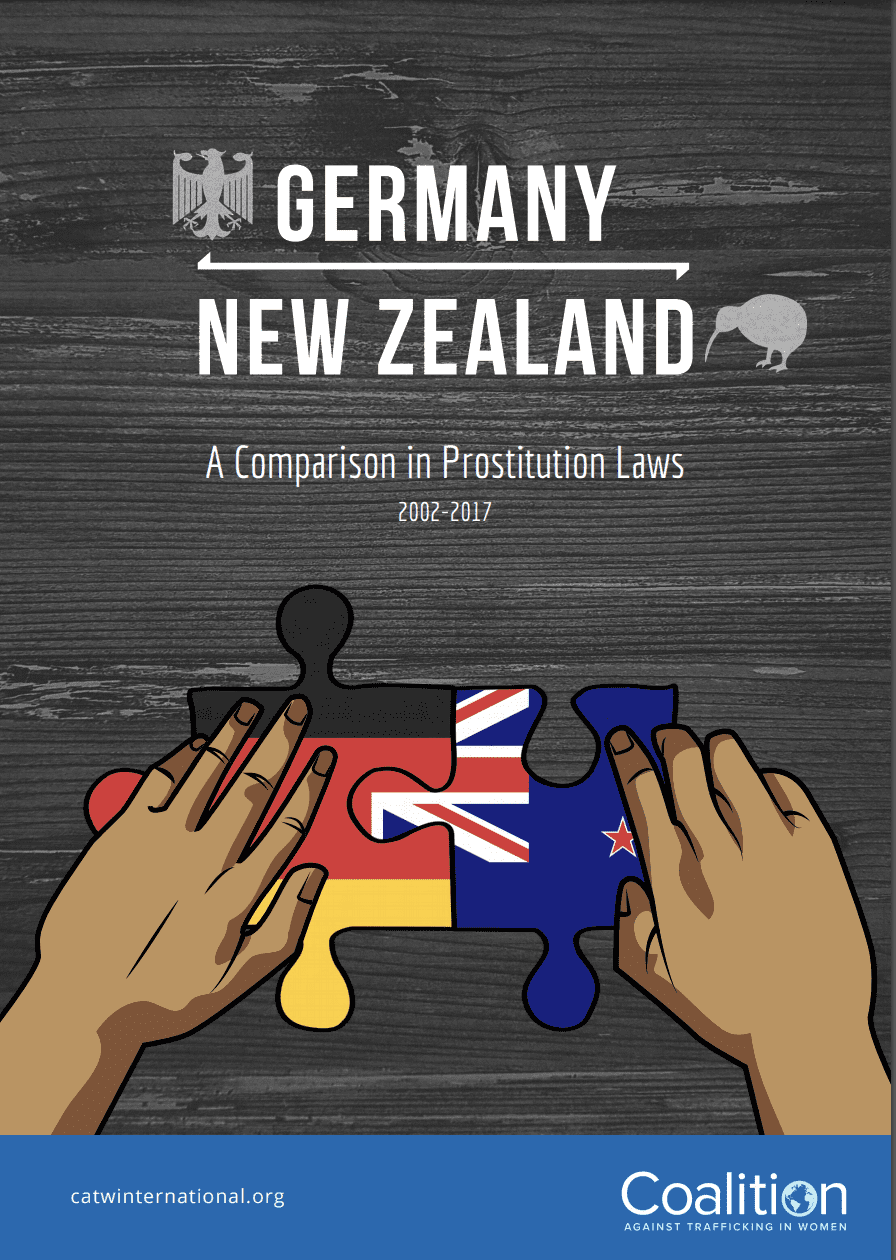
Germany and New Zealand: A Comparison in Prostitution Laws
Why Germany and New Zealand?
People caught in the global sex trade, who are overwhelmingly women and girls, are among the world’s most marginalized. Yet, in the 21st century, states too often treat them as criminals. Some countries have acknowledged that the common approach of criminalizing people in prostitution is harmful. Sweden, for example, recognized prostitution as an exploitive system of gender-based violence and discrimination and consequently decriminalized only prostituted people, offering them access to support services, while holding sex buyers accountable. Other countries — most prominently Germany and New Zealand — gave state-sanctioned approval to the sex trade and framed prostitution as a legitimate industry. The laws governing prostitution in Germany and New Zealand are often portrayed as markedly different from each other. A closer look reveals that the distinction between the German and the New Zealand models is minimal and neither national legislation achieves its stated goals. While the German law is now branded a failure, the New Zealand framework is upheld as the “progressive” approach to addressing prostitution. Both laws, however, expand the sex trade, empower sex buyers, legitimize pimps and brothel owners, and increase sex trafficking.
A Note on Data
Reliable data regarding the sex trade is hard to come by due to a lack of political will from governments and research institutions, including those within the United Nations system, to study prostitution and its effects. Standard research methodologies are difficult to apply in data collection given the way the sex trade operates, regardless of the legal framework in the country. Consequently, data related to the sex trade should generally be viewed as approximations.
Read the report here.
